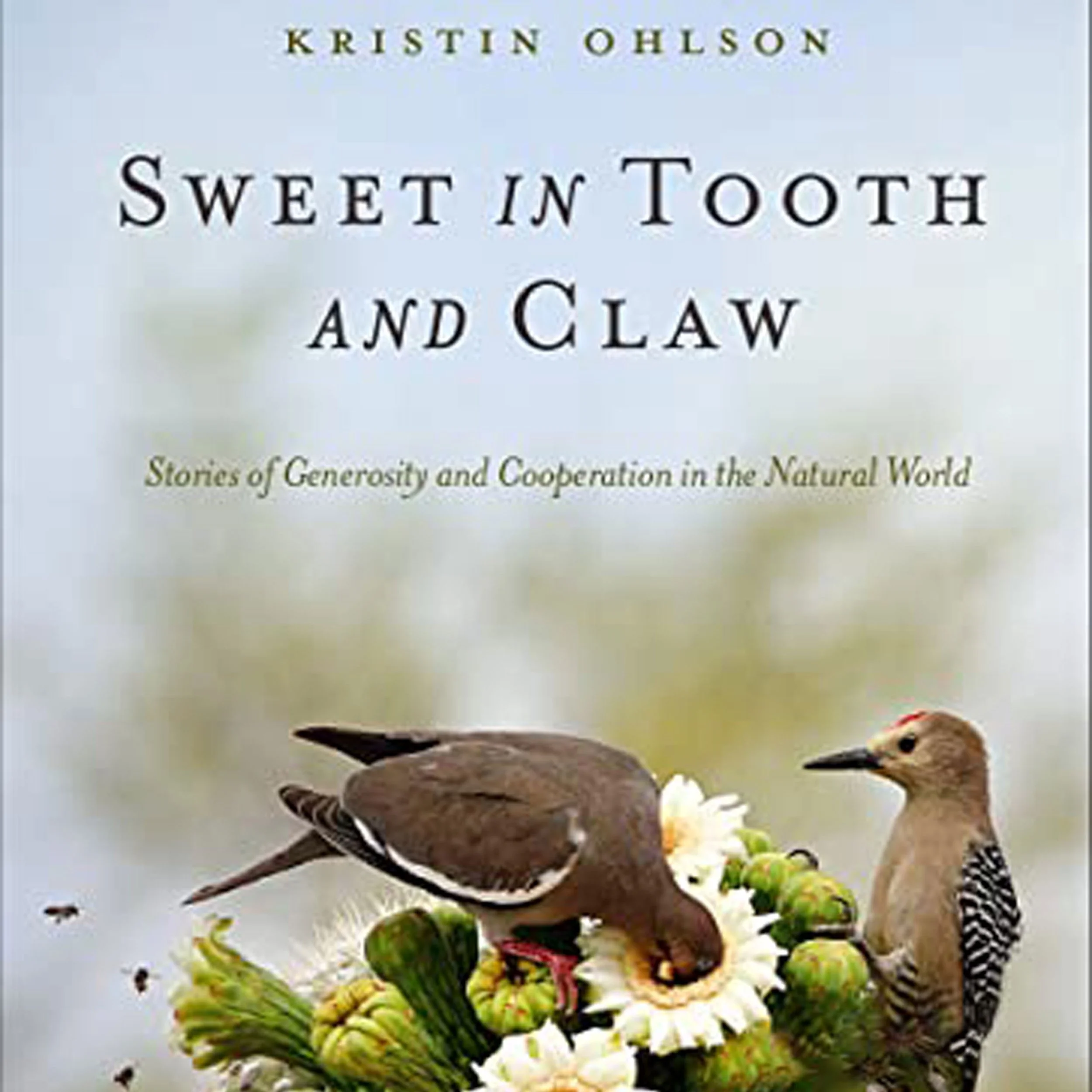The Soil Will Save Us: How Scientists, Farmers & Foodies Are Healing the Soil to Save the Planet - KRISTIN OHLSON - Highlights
/Author of Sweet in Tooth and Claw: Stories of Generosity and Cooperation in the Natural World
The Soil Will Save Us
I think it's this story of cooperation is important in terms of the story that we tell ourselves about nature, and seeing as how we are part of nature, it's important that we see ourselves as possibly a partner instead of a destroyer. I think that we have held onto the perspective that nature is all about competition and conflict. And when we shift that, when we look at nature as this vast web of interconnection and cooperation, and of course competition and conflict in there obviously in some places. But when we look at this vast web of cooperation and collaboration, I think that it changes our view. It changes our view of what's possible.







